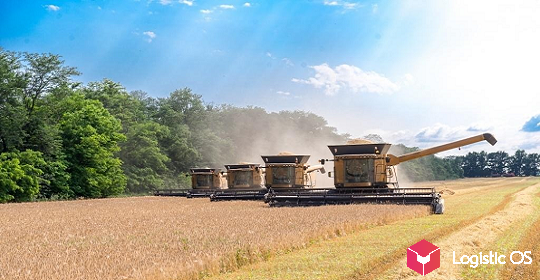Currently, the Russian authorities are considering how to stop the emerging rise in food prices.
The current year has been marked by high inflation in Russia, including food inflation.
At the same time, food prices have risen in almost all regions, but this is largely due to the fact that there is increased demand for certain categories of products.
“Considering the increased demand for a number of food products and, as a result, the trend of rising prices for them, the government is taking additional measures aimed at increasing the economic affordability of goods.
Firstly, regions are concluding agreements with producers and chains on price stabilization.
Secondly, the government is encouraging retail chains to conclude long-term contracts with suppliers of vegetables and potatoes,” said Deputy Prime Minister Dmitry Patrushev.
As for price stabilization, this mechanism was previously used mainly for socially significant products, but now it can be extended to all others.
At the moment, the conclusion of such agreements is at the signing stage. At the moment, agreements have already been reached in 36 Russian regions with 86 producers, as well as with 30 wholesale and 13 thousand retail suppliers.
It is emphasized that there is a positive effect from such agreements, so the FAS will most likely recommend scaling this practice in other regions.
The second tool, that is, the conclusion of long-term contracts by retail chains with suppliers of vegetables and potatoes, should help producers and retailers understand at what price these products will be purchased and subsequently sold.
In addition, there are no intermediaries in such a chain, and this gives hope that prices will rise less.
Finally, there is a third tool, which is also designed to stabilize prices for some types of products.
This means that Russia continues to import such products from friendly countries. For example, from January to the end of July next year, there will be no duties on the import of 150 thousand tons of potatoes, 55 thousand tons of carrots and 230 thousand tons of apples.
It is planned that this will help to neutralize the negative effect that may be caused by a decrease in domestically produced stocks. There is also hope that such a measure will help limit the growth of inflation.
According to Rosstat, since the beginning of the year, the consumer price index has grown by 7.8%, which is significantly more than last year — 6.64%. Of the products, the most expensive were vegetables from the «borscht set».

